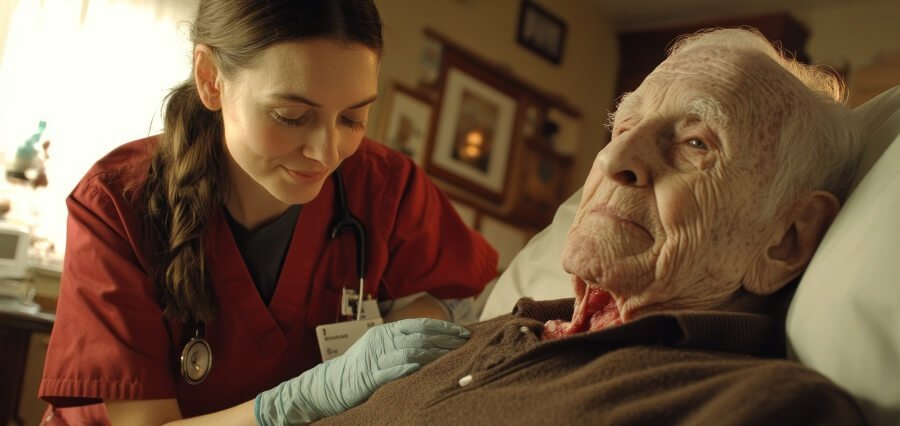An Australian business is attempting to recruit aged care staff from New Zealand by offering a range of “generous” incentives, such as free housing and up to $10,000.
It occurs in the midst of well-known difficulties facing the industry, such as a lack of workers, problems with fair access, and financial strains.
In a public statement, Mercy Community called on New Zealand employees to cover the more than 100 openings at its new site in Queensland.
We’re providing extensive incentives and benefits, such as up to $5,000 in relocation assistance, free housing, a $5,000 sign-on bonus, salary package, novated leasing, immigration or visa support, and much more, to assist New Zealanders in making the move.
“You have a flight to your new job.” The establishment is situated in Rockhampton, a “vibrant river city located along the Tropic of Capricorn in the heart of Australia’s Sunshine State” with a pleasant environment, according to the statement.
“It’s a great place to work, live, and play.”
The corporation was providing “incentives to try and get people to move to Rockhampton, seven hours north of Brisbane,” according to Minister for Seniors and Associate Health Minister Casey Costello, who responded to the advertisement. The Gold Coast is not here.
Employers in Australia frequently search for jobs in New Zealand, and our employees frequently do the same. There will be back and forth migration as long as we have a unified labor market.
This most recent hiring campaign coincides with shortages in New Zealand’s elderly care industry.
In December, the first phase of an assessment of the industry concluded that there were substantial workforce challenges, severe ethnic disparities, underfunding, and outdated funding distribution methodologies.
According to Tracey Martin, chief executive of the Aged Care Association, the organization is “deeply concerned” about the state of the industry at the moment.
As elderly care institutions found it difficult to compete with hospital wages, she claimed the industry experienced a shortage of trained workers, which was partially related to pay parity concerns with the public health system.
“Despite a serious impending bed shortage, aged care providers are facing mounting financial difficulty since government financing has not kept up with the growing expenses of care and does not cover any capital expenditure like facility maintenance or upgrades or the construction of new beds.
For instance, it is predicted that in just eight years, we would lack 12,000 beds for aged residential care.
Martin claimed that elderly care providers were under more strain as a result of the rising incidence of dementia.
As part of the National/NZ First coalition agreement, Parliament is conducting an aged care inquiry that focuses on how it helps those with early-onset diseases like dementia.
“Psychogeriatric care lacks specialized facilities and support, and many facilities are ill-equipped to handle complex cases, particularly those involving substance withdrawal and behavioral challenges.”
According to Tracey McLellan, the associate health spokesperson for Labour, we need more, not fewer, people working in aged care in New Zealand.








